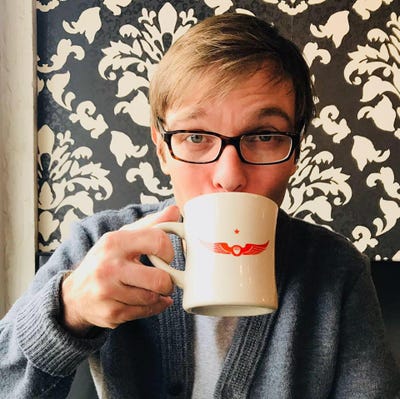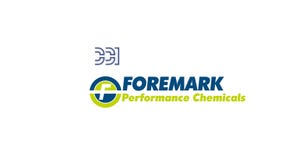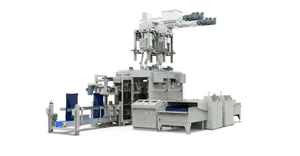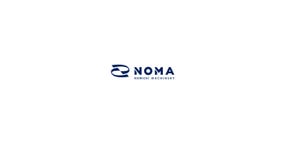Lottermann tells Powder & Bulk Solids what it’s like to work as Chief Business Development Officer Explosion Safety for explosion safety and pressure relief solutions firm REMBE.
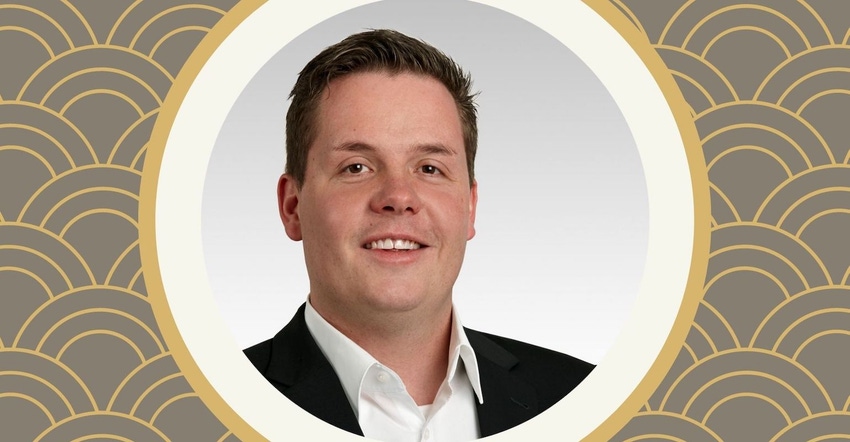
Dr.-Ing. Johannes Lottermann joined the noted explosion safety and pressure relief solutions firm REMBE GmbH Safety+Control more than a decade ago as the head of its Projects and Expansion Department and Senior Consultant, Explosion Protection. He currently serves as the firm’s Chief Business Development Officer – Explosion Safety.
Prior to joining REMBE, Dr. Lottermannn worked for over five years in a role at DMT GmbH & Co. KG – Centre for Fire and Explosion safety. The engineer earned a diploma in engineering in 2005 and a doctorate in safety engineering – fire and explosion safety in 2012 at the Bergische Universität Wuppertal.
Powder & Bulk Solids recently asked Dr. Lottermann a few questions about his experiences and background as an engineer to provide insight on the various engineering roles within the powder and bulk solids industry.
What is the most challenging aspect of your job as an engineer?
LOTTERMANN: It would actually be quite easy to develop and build safety systems, however: Any of our products should ideally be predominantly safe, extremely reliable and precise, sustainable and economic. And of course, especially as per the nature of safety systems, it should not interfere with the process or reduce the efficiency of the process itself. To combine these specs in a solution would already cause enough engineering challenges. For our daily work at REMBE, one of the most challenging aspects however is to keep up with new processes and products at our clients and our task to understand the process and especially assess its risks, serve them appropriately and eventually safeguard it with reliable solutions.
How did your educational experience(s) prepare you to work in the field?
LOTTERMANN: In my 20s, when I finished university, I was of the belief that the engineers in my first job could learn all “new” stuff from me and so I was quite self-confidently starting into my first job. It took just a couple of days to prove me wrong. So still in my 30s I was convinced, that my education, at the end of the day, prepared me for just 5% of my work in the field. Now, being in my early 40s, I have to admit: If you understand the time at university as “learning to learn,” I have to admit, that with an attitude to continuous learning, university was preparing me perfectly. Not necessarily with content, but with an appreciation for gaining knowledge.
If you could go back and do it again, what would you change about your engineering education?
LOTTERMANN: If I could turn back time, I would certainly go for more international education. 20 years ago, when I started at university, safety engineering was the niche of the niche – back then, there was only one (but THE one) university offering the course of safety engineering in Germany: Wuppertal. In the meantime, there are now five universities offering similar studies – same trend in other countries. So, with the knowledge but also the chances of today I would love to take the chance earlier in my lifer learning from other countries and cultures about safety engineering.
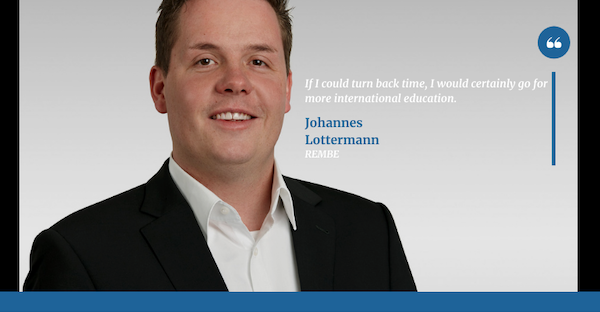
What’s the single most valuable lesson you have learned as an engineer – either in the classroom or in the field?
LOTTERMANN: If a product is truly ENGINEERED, then engineering could stand as a synonym for trust, reliability and precise perfection. To me, the most valuable lesson I learned was the moment when I was called by an operation manager of a plant in Brazil. Two years before, a devastating explosion took place in his plant and killed several people. Just three days after the blast I investigated the incident, conducted a root cause analysis and engineered a new safety concepts for the plant. When he called me, he asked me to come on site. When I visited him, he informed me that a similar explosion took place again. This time, he just needed to exchange some spare parts, as planned and engineered. This moment was a goosebump moment and taught me to always, always understand my job as an engineering discipline and nothing else.
How do you think your engineering role will change over the next decade?
LOTTERMANN: In a nutshell: It will be all about diversity – not just in a gender or heritage-related way but also in a way to combine different disciplines more than ever before: Biotech, IT-Engineering, mechanical engineering, material knowledge, environmental engineering, robotics, artificial and emotional intelligence will drive the engineering roles at a constantly quicker getting pace. I actually feel extremely well prepared for these challenges: My course of safety engineering has as per its nature rather a wide than a deep focus and taught me to think in different and open-minded way – or as we would say in Germany: Think Ing.!
For more career development articles, click here.
About the Author(s)
You May Also Like

